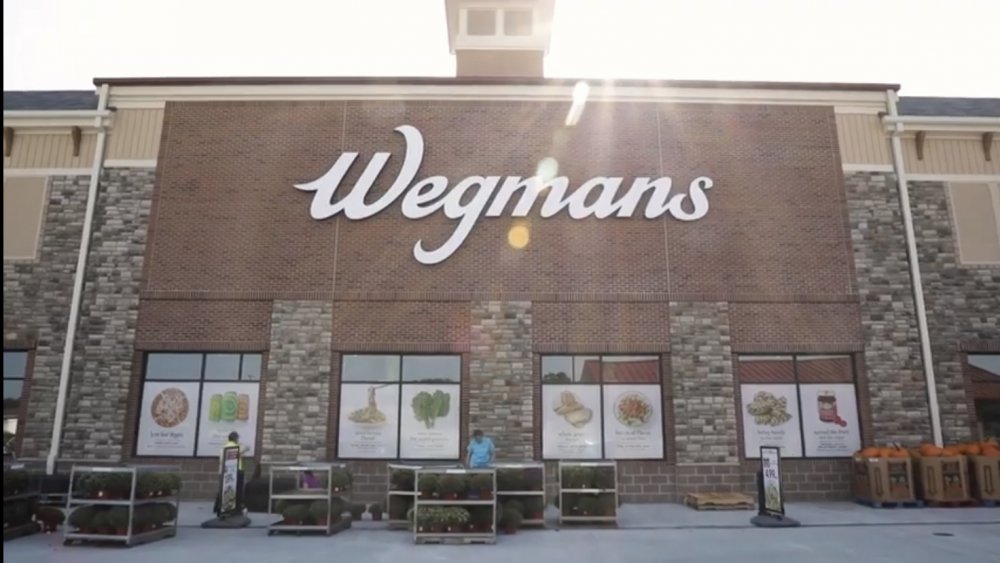Why Wegmans Only Opens Three Stores A Year
Surveys may have positioned Wegmans as America's favorite supermarket, but it's also a supermarket many Americans have never set foot in. The company ranked number 3 on Fortune's list of the best companies to work for (it's been on the list since 1998), but has just 101 stores in New York, Pennsylvania, New Jersey, Virginia, Maryland, Massachusetts, and North Carolina. It also remains a family-owned, private company.
In spite of this, Wegmans popularity precedes it. Foodies know Wegmans stores are between 75,000 to 140,000 square feet — unlike 46,000 for a typical supermarket. The store also carries as much as 70,000 products while an average-sized grocery store has about 42,000 products (via Kiplinger). And nothing much seems to have changed since 2003, when industry expert Neil Stern told the The New York Times, ”Wegmans really cares about food. Most people in the grocery business see themselves as mass distributors of other people's food. But Wegmans has a very different culture in that their model is not static and they are always interested in learning, teaching and improving.” Another thing that hasn't changed: the glacial pace at which the supermarket expands.
Wegmans is selective about the sites it considers
Wegmans doesn't seem interested in opening more than three stores a year, and store senior vice president, Mark Ferrera, has a reason for that. ”We are a complex perishable food business, and it is tough to expand beyond two or three new stores a year,” he told the The New York Times, adding that each store needs plenty of preparation before it can open. He said Wegmans' goal was simple: "We want to be No.1 on the really good list [of stores]."
More recently, Wegmans spokesperson Jo Natale told Silive, "We build large stores, so we look for certain criteria in every site. Because we tend to draw regionally rather than just in the immediate area, we look for sites that are regionally accessible — easy to get to and find." Aside from this, Natale explains, "We also look at density of population. We need to have a lot of customers shopping in our stores and we hire a large number of employees, so it's very often that we don't find a lot of sites that have all of that criteria." On top of this, Natale told Lancaster Online that the area needs to have the right income demographics.

